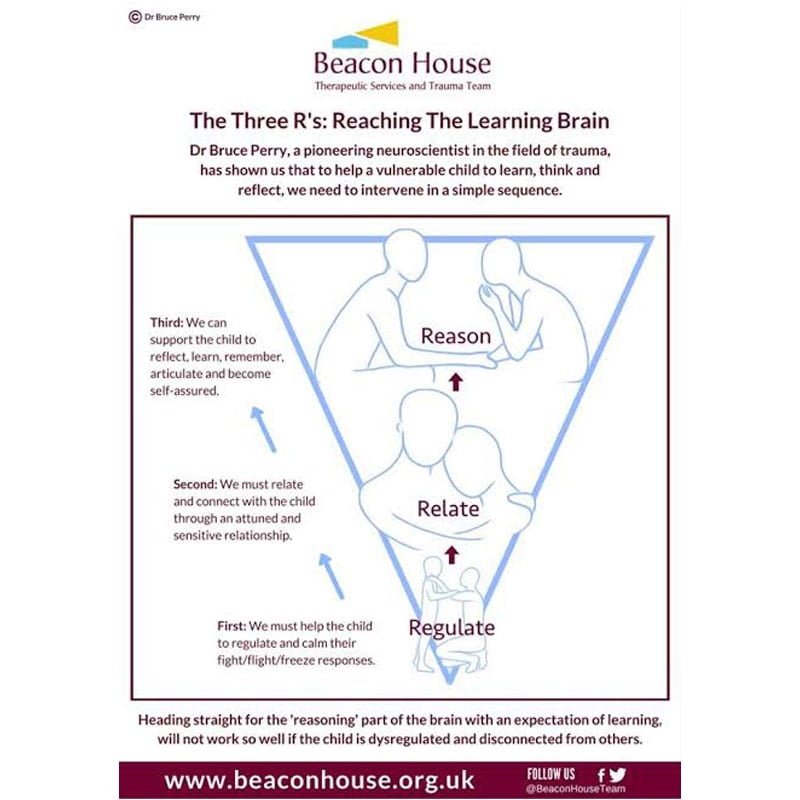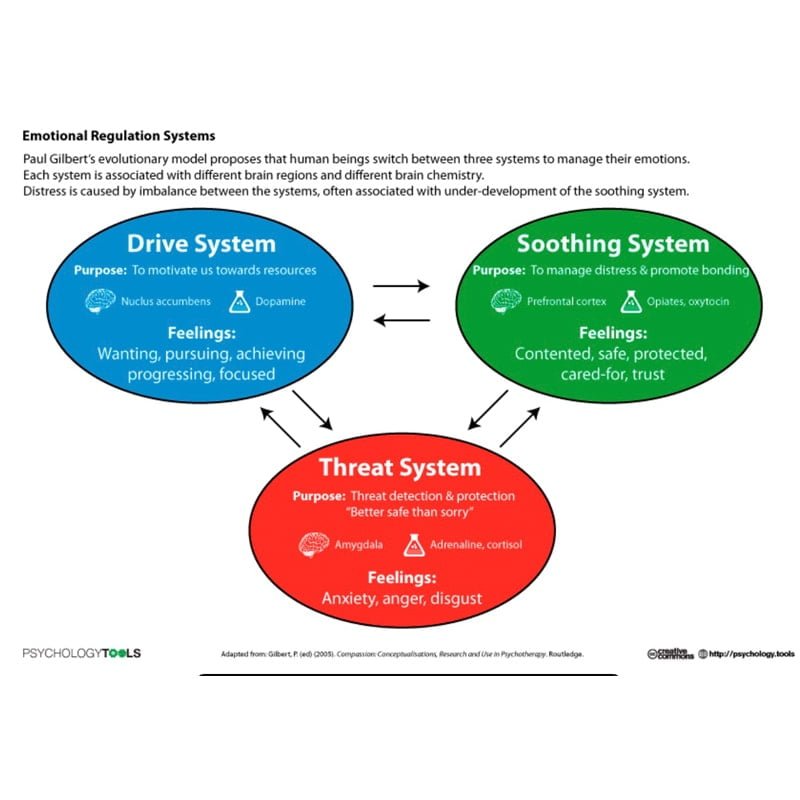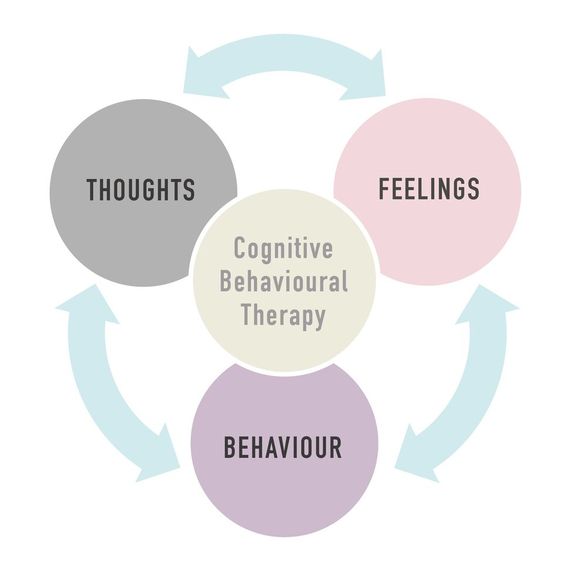The Focused Mind
The focused mind leads to distress when intrusive thoughts are centred around death anxiety, health anxiety, and/or thoughts do not align with the persons values (e.g., not being able to control a distressing thought and thinking this will lead to terrible consequences). Fusing with an intrusive thought is when the person considers the thought to be important, dangerous or saying something about them as a person.
When the focused mind is under high levels of distress, there is an intolerance to uncertainty, perfectionism, excess sense of responsibility and an overestimation of danger. Intrusive thoughts are catastrophic, in which a person may imagine the worst feared possible outcome and feel traumatised as if it is happening. The strength of judgement is overused and obsessive thinking about feared outcomes develops. Subjugating (pleasing at the expense of the self) can lead to exhaustion and guilt. Self-esteem fluctuates in relation to if the person is achieving, pleasing or gaining reassurance.
Alternatively, when the focused mind directs cognitive capacity and emotional energy in a healthy way, the person exhibits strengths of emotional intelligence and an insurmountable passion leads to self-motivation, self-discipline and perseverance. The focused mind allows people greater attention to detail and organisational abilities that drive societies functional systems and helping professions. People with a focused mind are highly conscientious (wishing to do one’s work well) and empathic (an ability to understand and share the feelings of another).
Perceptive Thinking Skills
1. Am I thinking my emotion or feeling my emotion?
Thinking my emotion consists of thoughts racing, running through scenarios in a panicked state, a strong urge to seek reassurance, and/or obsessive thinking about feared outcomes. When you are flooded with an emotion your executive functioning is reduced. Taking a mindful seat involves checking in with your senses, emotions, actions and thoughts. The mind wants to take control – resist this urge and sit with the emotion. Acceptance Commitment Therapy can allow you to change how you pay attention to an emotion and set the framework for managing distress in a healthy way. Exposure and response prevention is a well-established scientific treatment modality that allows you to resist perpetuating behaviours (e.g. seeking reassurance) with the process of habituation (the process by which a person’s behavioral and sensory response diminishes over time, after repeated exposure to a particular stimulus).
2. The 3 R’s – Regulate, Relate, Reason
Chronic stress can cause a variety of symptoms and impact our overall well-being. Completing the stress cycle helps the body move out of survival mode.


3. Two unsettling things we face in life are people pulling away and our subconscious urges leaving us in a vulnerable childlike state.
Subconscious urges have a distinct sense of urgency to them. A healthy adult perspective can soothe the vulnerable child-like state within. Acting authentically (according to your values) and not holding onto things that are not meant for you (e.g. learning not to subjugate due to a fear of abandonment or need to please) can relieve nervous energy. Conscious thought (cognitions – neocortex) and taking action to have a new experience (experiences produce emotions – the limbic system is involved in motivation, learning and memory), cannot always produce change. Change can require you to memorize that feeling and move what you have learnt from the conscious mind to the subconscious.
Schema therapy is a powerful treatment approach that allows people to identify psychological defences and self-defeating patterns that begin early in life.
4. Create space from the current situation. Think of the bigger picture. Skills are valuable tools.
5. Cognitive Restructuring
If you have a powerful mind, train your focus of attention. Defuse from feared outcomes and/or intrusive thoughts and redirect your cognitive capacity to what provides you with meaning, connection and creativity.
Exposure and Response Prevention
https://www.madeofmillions.com/ocd/erp-therapy


